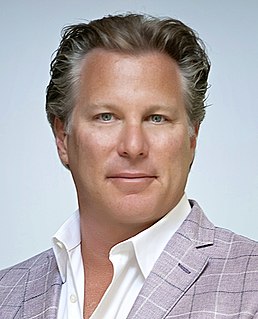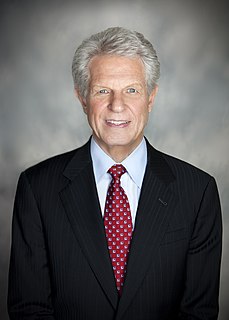A Quote by Jerry Yang
Yahoo is a consumer brand. It is a consumer brand that allows people to get what they want from the Internet in a way that only Yahoo can deliver it.
Related Quotes
Yahoo is a battleship. If you've ever seen a battleship, they're gigantic, and Yahoo is gigantic in the terms of consumer Internet companies. To turn a battleship takes a long time, but once you turn that battle ship the right way, it's a battleship, and it can really inflict some damage on an enemy or competition.
A good ad is one simple idea, with humanity in it, that connects with consumers, that represents the value system of a company and then can connect it with the consumer. We always say a brand is set of shared values. So if you can simply demonstrate your value system as a brand, so that a consumer could say, "Ah, our values line up. I vote for you, brand!" that's a good ad.
The only leverage the manufacturer can apply to the retailer is his relationship with the consumer. And the main element in profit growth is going to have to lie in making his brand more valuable to the retailer, through its being more valuable to the consumer. And that means his brand must be unique, it must have no adequate direct substitutes - because it is in this, after all, that value lies.
For every grand and finely worded statement by the CEO, the brand is also defined by derisory consumer comments overheard in a hallway, or in a chat room on the Internet. Brands are sponges for content, for images, for fleeting feelings. They become psychological concepts held in the minds of the public, where they may stay forever. As such you can’t entirely control a brand. At best you can only guide and influence it.































